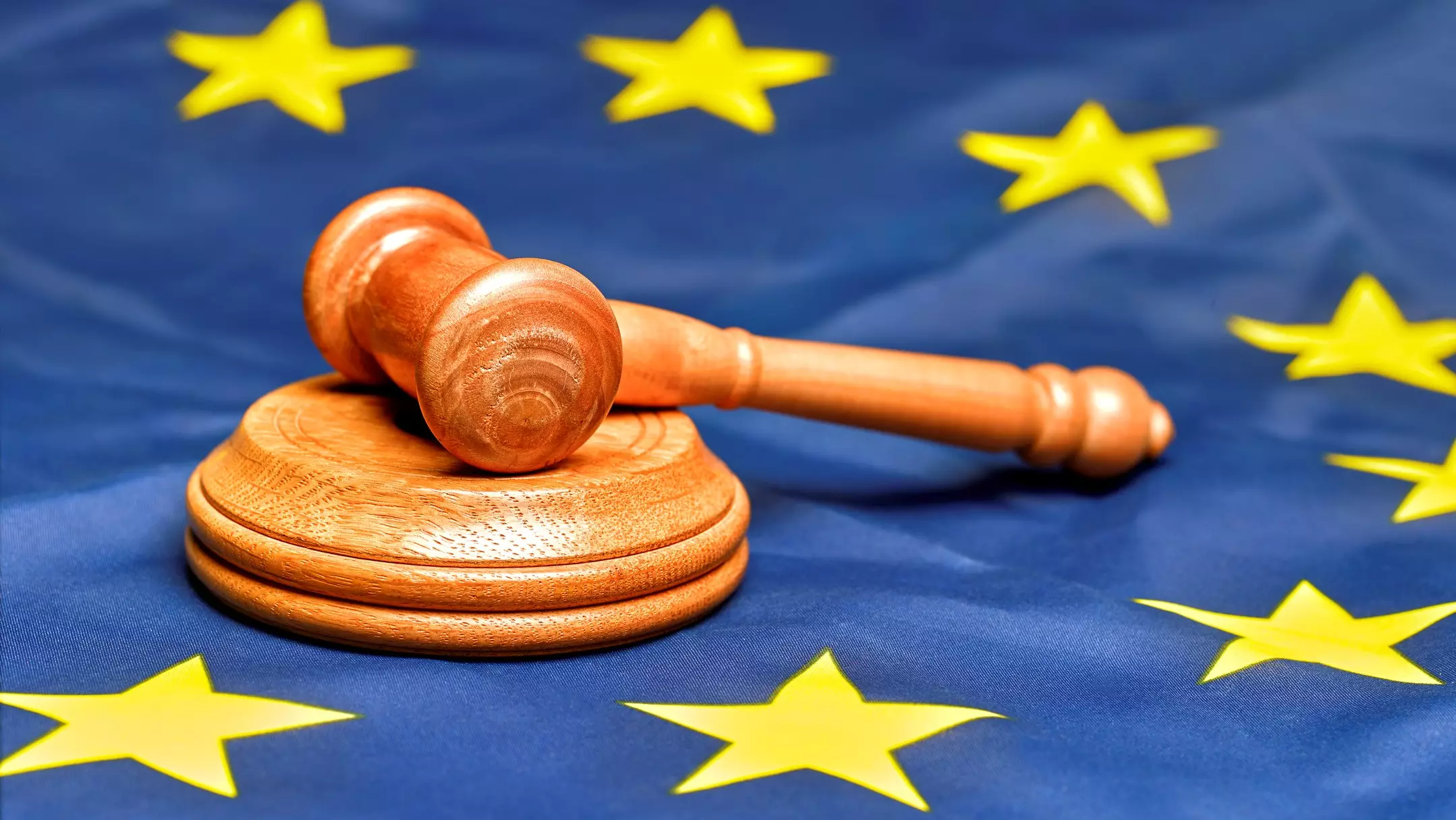In the ever-evolving landscape of digital commerce, the European Commission’s enforcement actions against tech giants like Apple and Meta are crucial moments. The Digital Markets Act (DMA) was designed to promote fair competition and protect consumer data in the tech sphere, but as recent events have shown, enforcing these regulations is fraught with challenges. The hefty fines totaling €700 million for these two companies reveal not just a breach of rules, but also a glaring disparity between penalties and the financial realities of billion-dollar corporations.
Apple’s Steering Violation: A Failure to Comply with Fair Play
Apple’s infraction revolves around their anti-steering rules, which should theoretically allow app developers to direct users to alternative purchasing options beyond the App Store. However, the European Commission’s findings indicate that Apple has imposed various restrictions, effectively trapping developers and consumers within its ecosystem. The €500 million fine should serve as a wake-up call, but the question remains whether it has the power to spur actual change. Apple argues that these restrictions are “objectively necessary,” but the Commission counters that the benefits to developers—and by extension, to consumers—are obstructed far too much.
App developers should have the freedom to inform customers of potentially better or cheaper alternatives, yet Apple’s stringent control undermines this right. This situation illustrates a fundamental issue affecting the innovation and transparency that the DMA aims to promote. The tech giant, which enjoys immense financial reserves, seems unfazed by the regulatory blow. For a company reporting quarterly revenues of over $124 billion, a €500 million fine is but a drop in the ocean, suggesting a systemic issue where penalties do not correlate to compliance motivation.
Meta’s Data Dilemma: The Illusion of Choice
On the other hand, Meta’s €200 million fine stems from its flawed “consent or pay” model for advertising. EU users of platforms like Facebook and Instagram were supposedly given a choice between consenting to their data being used for personalized ads or paying for an ad-free experience. However, this model proved insufficient, failing to offer a genuine alternative for users who wanted less intrusive data usage. The DMA emphasizes user empowerment, yet Meta’s implementation falls short of providing real agency to its audience.
The Commission identified that Meta’s model lacks transparency and fails to respect users’ need for a clear choice. While Meta remains focused on its Reality Labs division, which has been racking up losses year after year, these fines may barely register in the company’s broader financial ecosystem, where revenues reportedly stand at around $164.5 billion. Like Apple, Meta’s financial prowess renders these penalties less of a deterrent than a cost of doing business.
The Fissures in Regulatory Enforcement
The fines imposed on Apple and Meta invite critical scrutiny of the efficacy of the DMA as a regulatory tool. Are these financial penalties sufficient to compel meaningful changes in corporate behavior? It appears that for companies operating at such massive scales, compliance might simply be seen as a variable cost—a minor operational hurdle rather than a serious violation of consumer trust and regulatory standards.
Moreover, the Commission’s efforts to uphold the DMA’s principles must be reinforced with actionable commitments and frameworks that transcend monetary penalties. Without addressing the core power dynamics at play, the DMA runs the risk of becoming a toothless tiger, threatening much but delivering little in real terms to consumers longing for genuine competition and transparency in the digital marketplace.
The Future of Enforcement: A Call for Change
Both Apple and Meta find themselves in a precarious position where fines are a mere slap on the wrist, raising questions about the future of compliance under the DMA. As digital tools become increasingly integral to everyday life, companies must face not only the scrutiny of regulators but also the demands of an increasingly aware consumer base. If the European Commission intends to enforce its regulations effectively, it must explore innovative approaches to enforcement beyond mere financial penalties.
Ultimately, this scenario serves not just as a microcosm of the challenges within the tech industry, but also a clarion call for regulators worldwide. Effective oversight must evolve alongside technology, incentivizing compliance and fostering an environment where consumer rights are paramount. Only then can regulatory frameworks like the DMA achieve the intended equilibrium between innovation and accountability.

